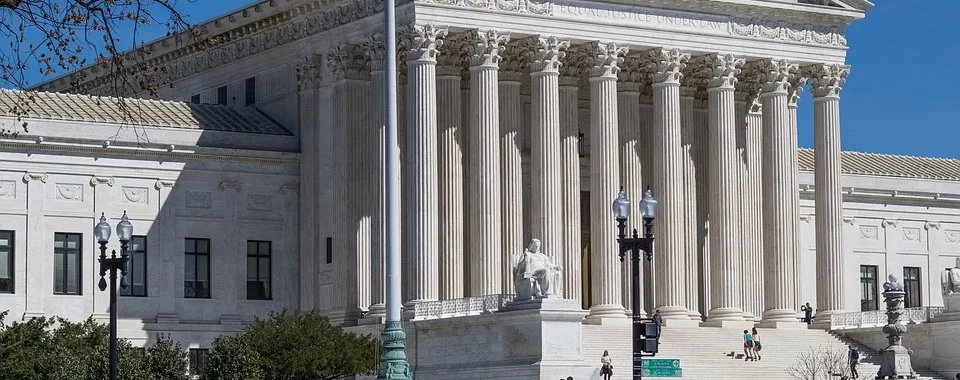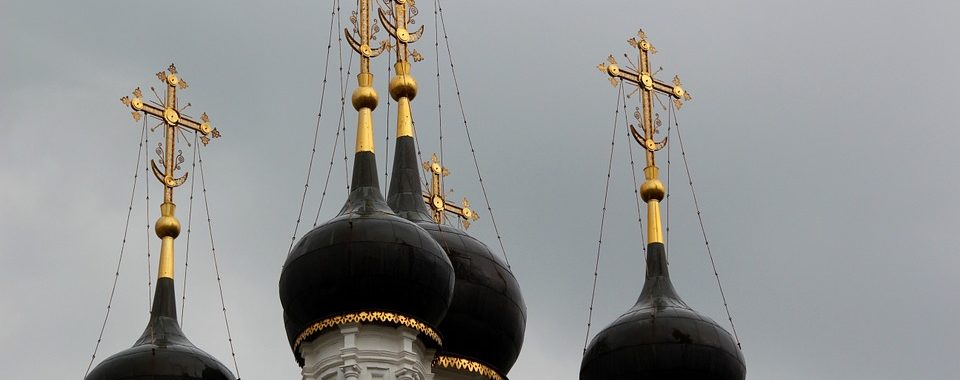“Judge Ketanji Brown Jackson’s religious liberty opinions won’t bother most American Jews” by Michael Helfand
US Supreme Court Building by Mark Thomas on Pixabay. This article first appeared in the Forward, the nation’s leading Jewish news organization. Sign up here to get the Forward’s newsletters in your inbox. President Biden has nominated Judge Ketanji Brown Jackson to fill Justice Breyer’s seat on the Supreme Court. The nomination is no doubt…





